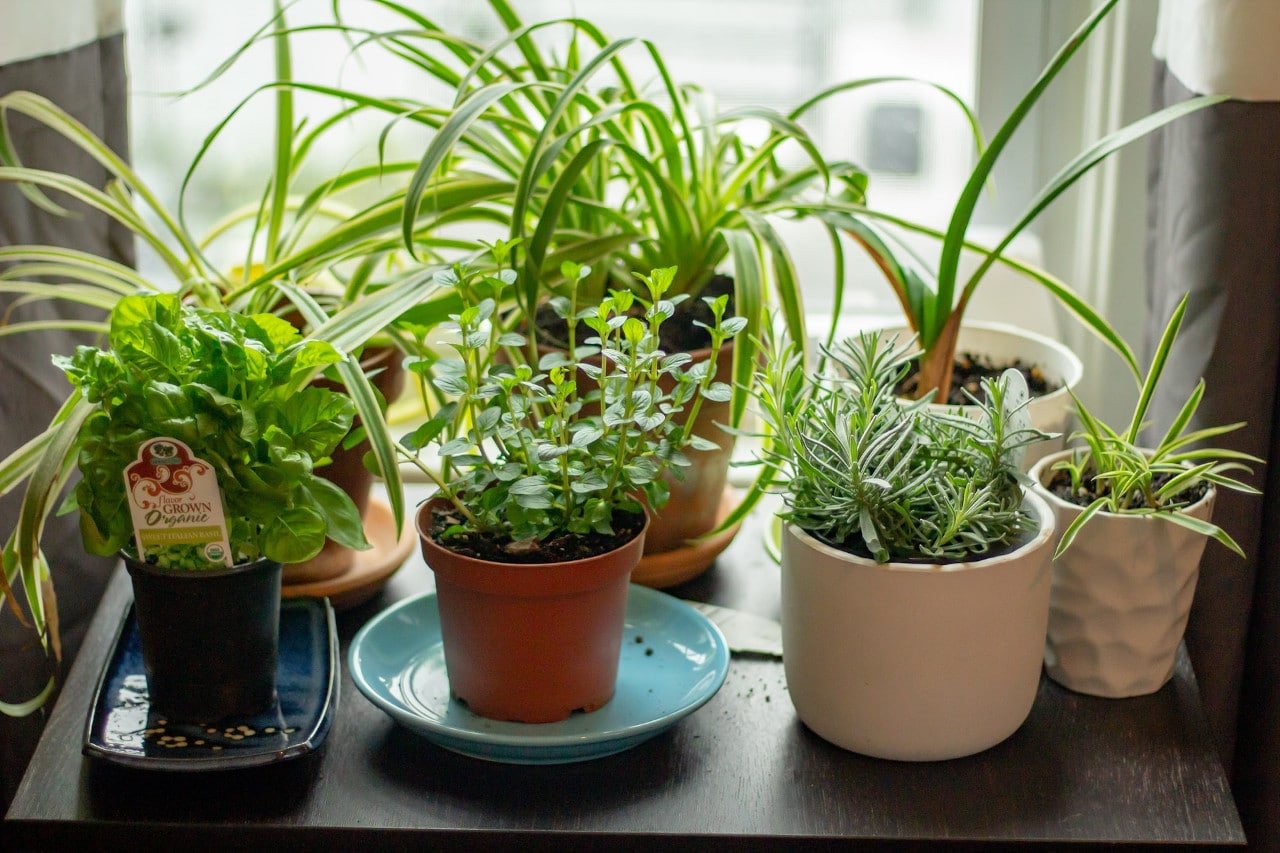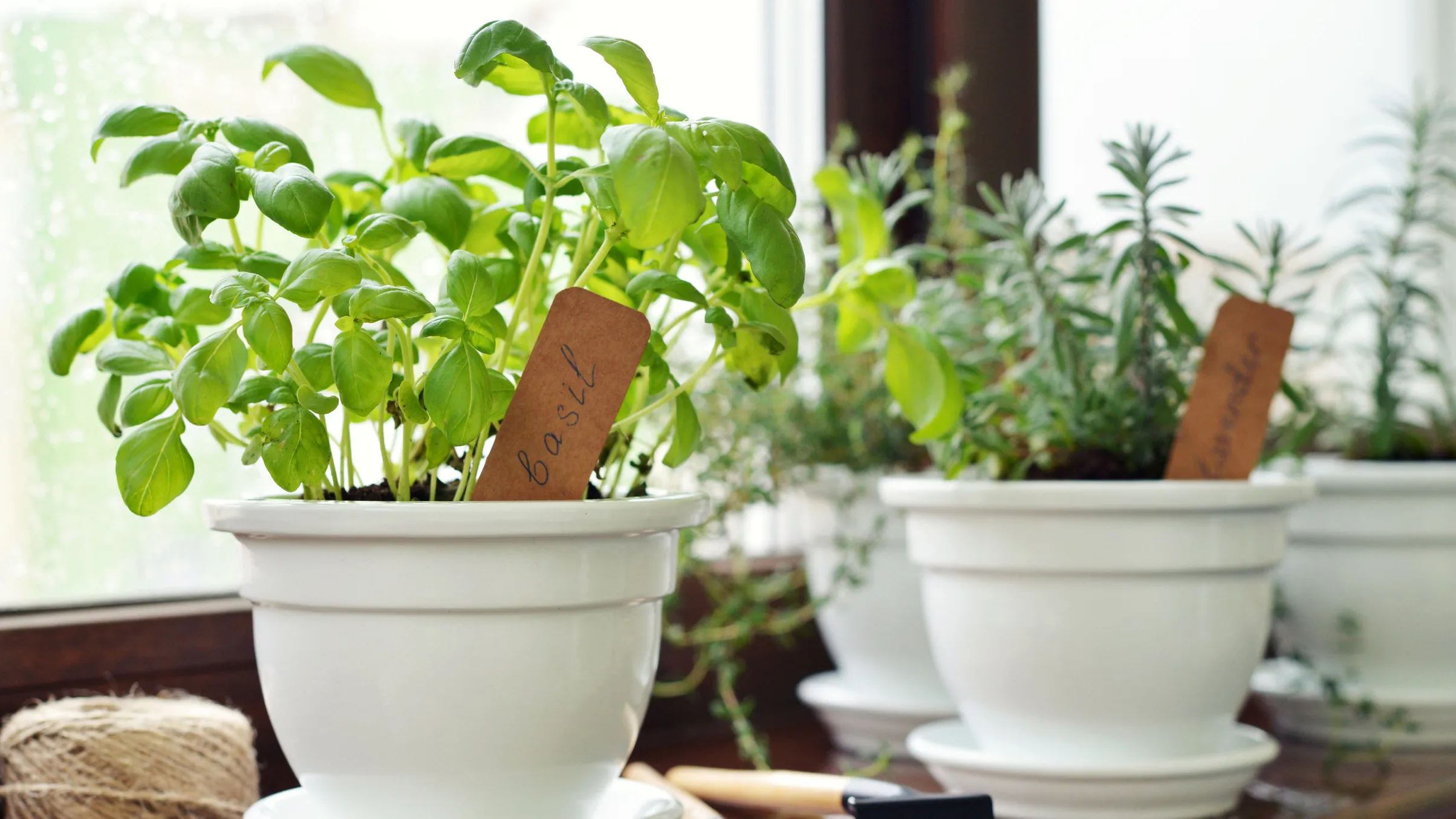How to create a herb garden in small spaces can be an exciting journey for anyone looking to enhance their cooking or enjoy the beauty of plants at home. Even if you live in an apartment or have a tiny backyard, you can cultivate fresh herbs to use in your dishes. In this article, we’ll share tips and ideas to help you successfully start your herb garden, making the most of the limited space you have.
Choosing the Right Location
The first step in how to create a herb garden in small spaces is to find the perfect location. Look for a spot that gets plenty of sunlight, ideally six to eight hours each day. This could be a sunny windowsill, a balcony, or a small patio. If you have limited outdoor space, consider using indoor pots near a window. The more light your herbs receive, the better they will grow.

Selecting the Best Herbs
When thinking about how to create a herb garden in small spaces, it’s essential to choose herbs that fit your cooking style and preferences. Some great options for small gardens include:
- Basil: This fragrant herb is perfect for Italian dishes and loves warm weather.
- Chives: Easy to grow and useful in many dishes, chives add a mild onion flavor.
- Parsley: This versatile herb can be used in salads, soups, and garnishes.
- Mint: A refreshing herb that grows well in containers, mint is excellent for teas and desserts.
- Thyme: This hardy herb thrives in small spaces and pairs well with a variety of foods.
By selecting a mix of herbs, you can enjoy fresh flavors in your cooking while making the most of your small garden.
Using Containers Effectively
Containers are crucial when learning how to create a herb garden in small spaces. They allow you to grow herbs without needing a traditional garden bed. Choose pots that have good drainage holes to prevent overwatering. You can use terracotta pots, plastic containers, or even recycled materials like old buckets or jars.
When arranging your containers, consider stacking them or placing them on shelves to maximize vertical space. Hanging planters are also a great option for smaller spaces, allowing you to grow herbs without taking up valuable floor space.
Soil and Drainage
Choosing the right soil is vital when creating a herb garden in small spaces. Use a quality potting mix that drains well to ensure your herbs do not sit in water, which can cause root rot. You can mix in some perlite or vermiculite to improve drainage. Make sure each container has drainage holes, as this will help excess water escape.
Watering Wisely
Watering your herbs correctly is essential for their growth. When learning how to create a herb garden in small spaces, it’s important to establish a watering routine. Check the soil moisture regularly by sticking your finger about an inch into the soil. If it feels dry, it’s time to water. However, be careful not to overwater, as this can lead to mold and root problems.
Fertilizing Your Herbs
Herbs need nutrients to thrive, so fertilizing is an important part of how to create a herb garden in small spaces. Use a balanced, water-soluble fertilizer every few weeks during the growing season. Be sure to follow the instructions on the label to avoid over-fertilizing, which can harm your plants. Organic options, such as fish emulsion or compost tea, are great for giving your herbs a nutrient boost.
Pruning and Harvesting
Regular pruning encourages your herbs to grow bushier and more robust. As you learn how to create a herb garden in small spaces, make it a habit to trim your herbs regularly. This helps prevent them from flowering, which can alter their flavor. When harvesting, take only a few leaves at a time so the plants can continue to grow. Use the fresh herbs in your cooking for the best flavor!
Companion Planting
When planning your small herb garden, consider companion planting. Certain herbs grow well together and can help each other thrive. For instance, basil loves to grow alongside tomatoes, and mint can help deter pests from other plants. This practice is especially beneficial in small spaces where maximizing plant health is essential.
Pest Management
Even in small spaces, pests can be a problem for your herb garden. Keep an eye out for common pests like aphids and spider mites. If you notice any, act quickly to remove them. You can use organic insecticidal soap or simply wash them off with a strong stream of water. Maintaining healthy plants through good care will also help prevent pest issues.
Conclusion
Creating a herb garden in small spaces can be a rewarding experience. By choosing the right location, selecting suitable herbs, and using containers wisely, you can enjoy fresh flavors in your cooking. Regular care, including proper watering and pruning, will help your herbs thrive. With these tips, you’ll be well on your way to enjoying the benefits of your herb garden, no matter how limited your space is.









